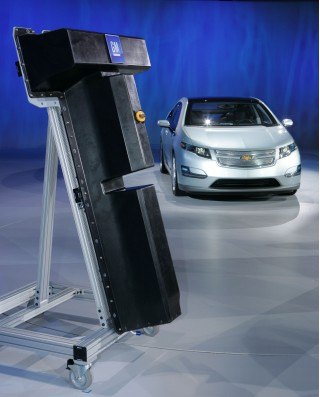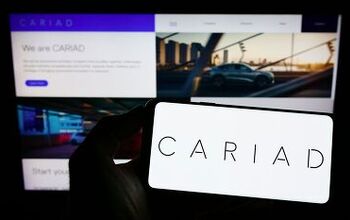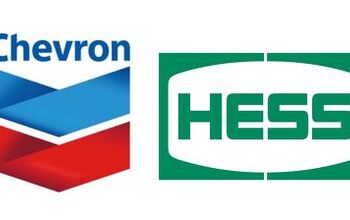Korea Invests $12.5b In Li-ion Battery Sector
With analysts already worrying about Lithium-ion battery oversupply in Japan and the US, the Korean government is shaking up the sector even more by announcing an investment of 15 trillion won ($12.5b) in the country’s battery sector. Called “Battery 2020 Project,” the money will be spent on building up Korean R&D capabilities, with the goal of improving the country’s ability to source Li-ion components. Korea currently imports many of the components needed for its domestic battery industry, and according to Yonhap, this investment will seek to develop Korean sources for up to 75 percent of the battery industry’s components by 2020. A government official explains:
South Korea’s Samsung SDI and LG Chem already control 38 percent of the market, but actual percentage of local parts and technology used to make these products stand at less than 20 percent
So what’s the problem? By 2015, EV battery supplies are projected to be somewhere in the range of 200 percent of overall market demand for EVs themselves. Though over-investment will help drive down the price of batteries, potentially improving demand for EVs, there’s little business sense underlying the environmentally-motivated rush to fund the Li-ion industry. And Korea is hardly the only country spending big bucks on the EV battery sector: The US has spent billions over the last several years in retooling loans for companies like Tesla and Fisker, as well as stimulus money and DOE grants to battery makers.
In fact, one of the firms receiving a healthy amount of US government support is the Korean firm LG Chem, which received about $150m in DOE grants to build its $300m Holland, MI plant. Indeed, President Obama is in Michigan today, touting his administration’s investment in firms like LG Chem. But, like the larger Detroit auto industry that Obama is so anxious to support, America’s battery industry is starting behind its Asian competition, and with this Korean investment, it will need more government money just to keep up. And when prices for Li-ions drops further, somebody is going to have to take a bath. The way things have been playing out for the last several years, it would come as no surprise to find out that the big loser here (again) was the American taxpayer.
More by Edward Niedermeyer
Latest Car Reviews
Read moreLatest Product Reviews
Read moreRecent Comments
- ToolGuy Why would they change the grille?
- Oberkanone Nissan proved it can skillfully put new frosting on an old cake with Frontier and Z. Yet, Nissan dealers are so broken they are not good at selling the Frontier. Z production is so minimal I've yet to see one. Could Nissan boost sales? Sure. I've heard Nissan plans to regain share at the low end of the market. Kicks, Versa and lower priced trims of their mainstream SUV's. I just don't see dealerships being motivated to support this effort. Nissan is just about as exciting and compelling as a CVT.
- ToolGuy Anyone who knows, is this the (preliminary) work of the Ford Skunk Works?
- Kwik_Shift_Pro4X I will drive my Frontier into the ground, but for a daily, I'd go with a perfectly fine Versa SR or Mazda3.
- Zerofoo The green arguments for EVs here are interesting...lithium, cobalt and nickel mines are some of the most polluting things on this planet - even more so when they are operated in 3rd world countries.


































Comments
Join the conversation
so where on Earth are these metals being mined? buying up the rights or mines could the smart thing, one can make -remake these batt but when u pay thru the nose for metals u are going to be screwed!
The Korean government spends billions making sure it gets a big piece of the next manufacturing pie. Meanwhile, back here in the US we can only seem to agree to spend money on wars.